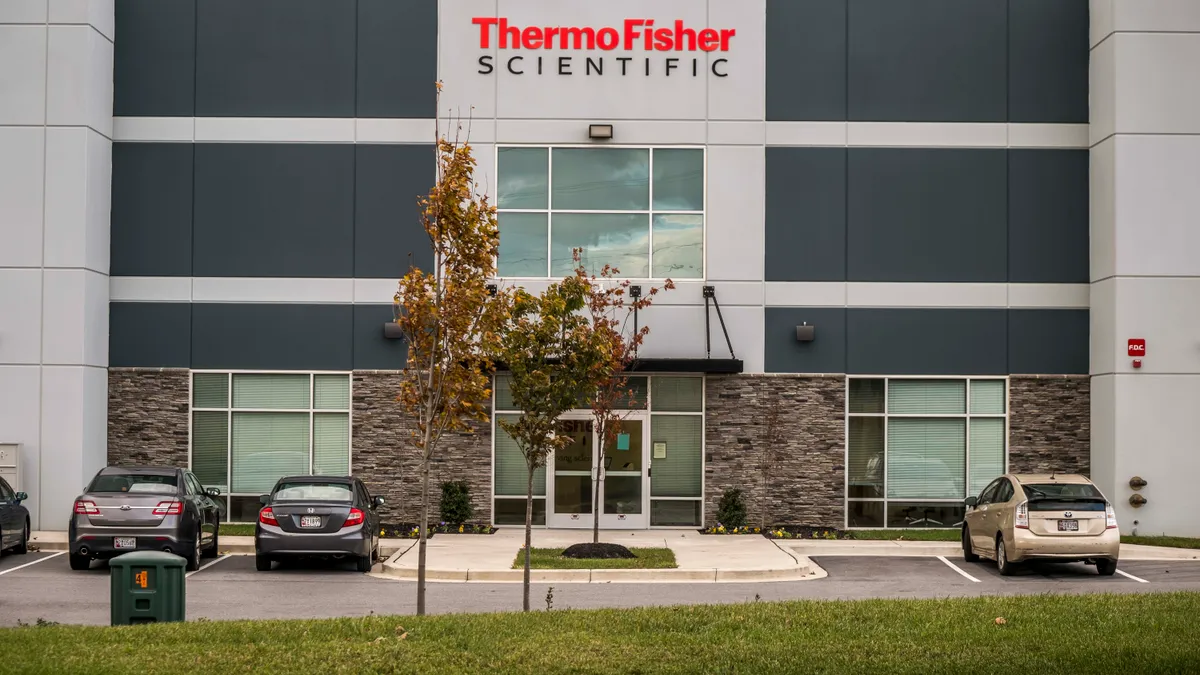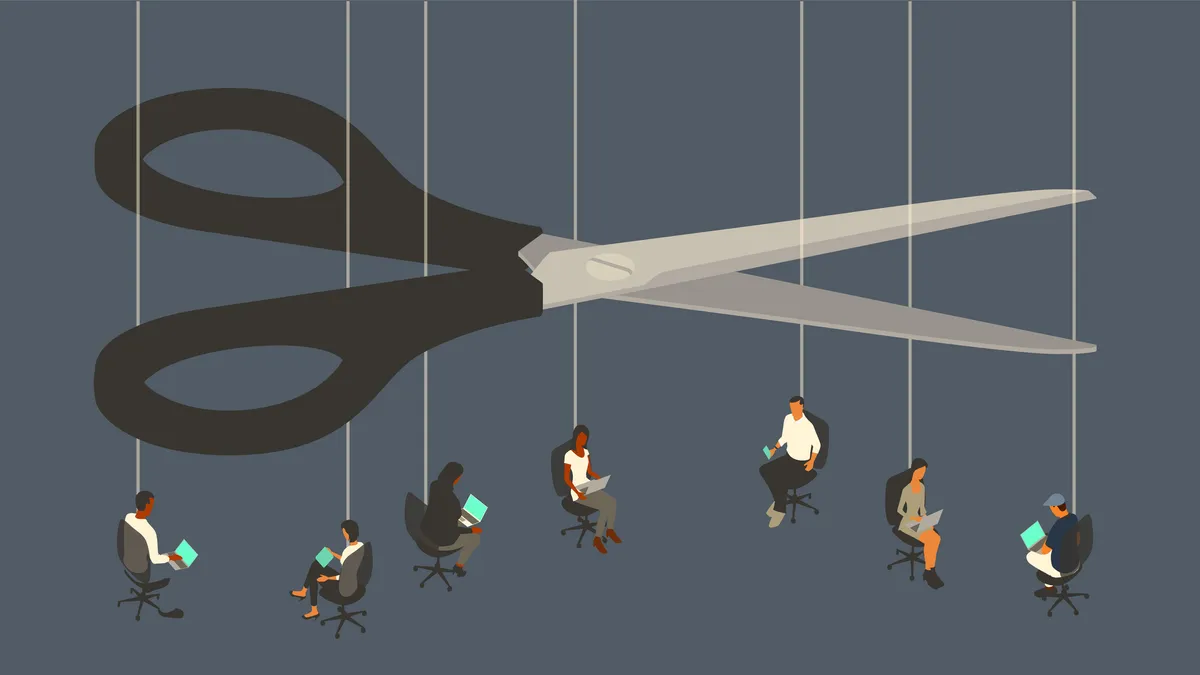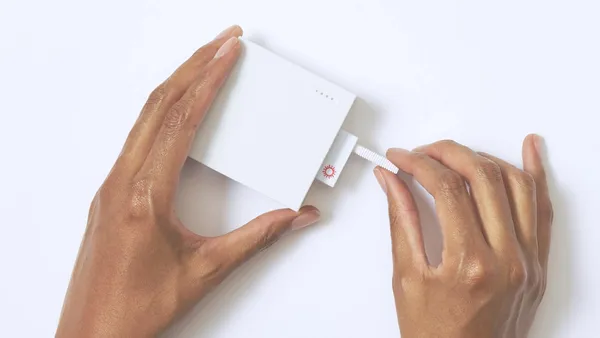Dive Brief:
-
Zimmer Biomet returned to sales growth in the third quarter, generating $1.9 billion to easily beat analyst expectations.
-
After sales plunged 38% during the second quarter, a faster-than-expected return of elective procedures enabled Zimmer to bounce back in its most recent financials. The third-quarter recovery was led by the company's hips franchise in the Americas.
-
Zimmer sounded a cautionary note, however, telling investors on Friday's earnings call that the pace of procedure volumes and patient returns slowed as the third quarter drew to a close.
Dive Insight:
At least 80% of Zimmer's revenues come from elective procedures, making the company particularly vulnerable to the disruption wrought by the pandemic. That vulnerability was exposed during the lockdowns of the second quarter. The one positive for Zimmer was the prospect of the return of elective procedures driving a surge in activity as hospitals worked through a backlog that could be worth $800 million.
That prospect began to play out in the third quarter. Talking on Friday's third-quarter results conference call, Zimmer CEO Bryan Hanson told investors demand bounced back quickly in July. The resumption of elective procedures is yet to wipe out the backlog, though.
"We still have hundreds and millions of dollars of deferred patients that will eventually come back in the funnel," Hanson said. Like some medtech peers, including Johnson & Johnson and Hologic, Zimmer is trying to speed the process by running a marketing campaign designed to ease the fears some patients have about undergoing procedures during the pandemic.
Zimmer, like its rival Smith & Nephew before it, saw stronger performance in hips than knees in the third quarter. Sales of Zimmer's hip devices increased 4.4% in the quarter, led by an 8% jump in the Americas. The knee franchise, in contrast, contracted again as sub-1% growth in the U.S. failed to fully offset continued weakness in Europe, the Middle East and Africa, where sales fell almost 10%. Smith & Nephew attributed the stronger performance of hips to emergency reconstruction and trauma.
Demand for the Rosa robot system was a positive for Zimmer again. After installing its 150th system in the second quarter, Zimmer maintained the pace as it seeks to get up toward the 300 mark by the end of the year. By comparison, joint replacement robotics competitor Stryker announced the 1,000 installation of a Mako robot in September.
"It was the best quarter that we've had relative to the number of installations we did in a single quarter and I can tell you that momentum is continuing into Q4," Hanson said. The quarter also saw a "slight shift back" to the leasing or acquisition of robotic systems, after a period in which most installations have been made through placement programs.
Hanson's confidence in the fourth quarter prospects of Rosa contrasted with the cautious tone Zimmer management struck when discussing how the broader business will perform in the coming months. The recovery seen in July leveled over the third quarter, leaving September flat versus the prior year.
In October, growth in Asia Pacific and the Americas was in line with the third quarter. The U.S. could drag the Americas down as coronavirus cases rise again but for now EMEA is the main regional headwind for Zimmer in the fourth quarter.
"EMEA has worsened due to surges in the virus as declines have accelerated in October, with some governments in the region taking new policy actions to limit selected procedures," Zimmer CFO Suketu Upadhyay said. The U.K. and emerging markets were the main drags on growth in the third quarter.
Zimmer also used its earnings call to share details of two recent acquisitions. For a combined $80 million upfront and up to $98 million in deferred and milestone payments, Zimmer bought two private companies.
Incisive makes operating room infrastructure with smaller footprints and AI and data analytics capabilities, which Zimmer said are "especially attractive" to ambulatory surgery center customers. Relign makes a consolidated arthroscopy tower system. SVB Leerink analysts said in a Friday note they believe the acquisitions will contribute revenue to the sports medicine, surgical, extremities and trauma products segment.










